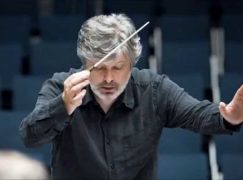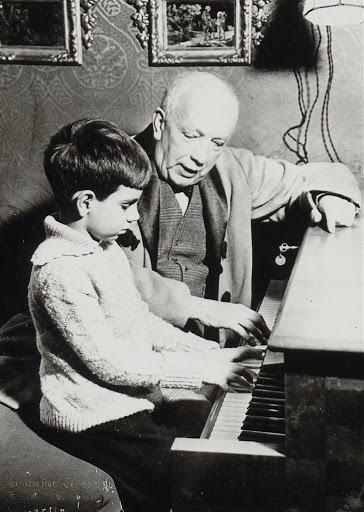‘Tories are to blame for the survival of classical music’
mainFrom a new Scottish book review by the composer Sir James MacMillan:
… And ‘classical’ music? The editors are quite clear – they write of the ‘mythologisation of dead, male, white composers in the art tradition,’ and that ‘it is safe to say that the “pale and male” lineages of composers of classical music still hold great signification in the public square.’
For this, they blame ‘those Tory politicians who have repeatedly sought to reinstate and aggrandise “dead, white Germans” within the English GCSE and A-Level music curricula.’ … There we have it – it’s the Tories’ fault. And the Anglo-Americans. And maybe even the Germans too this time….
Read on here.






Comments